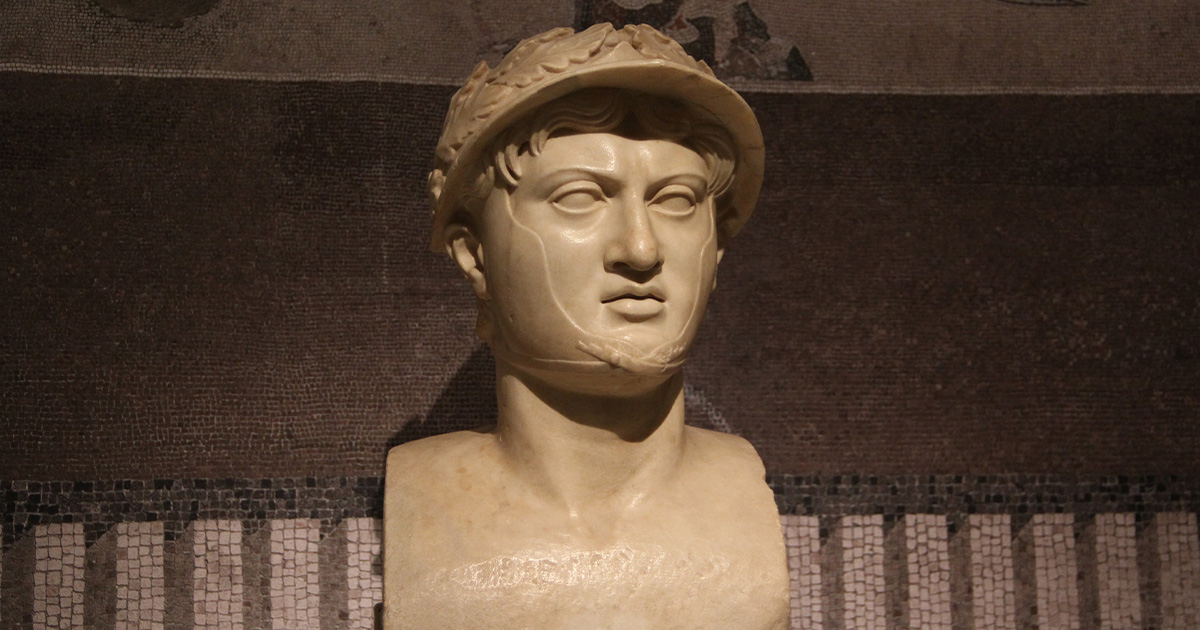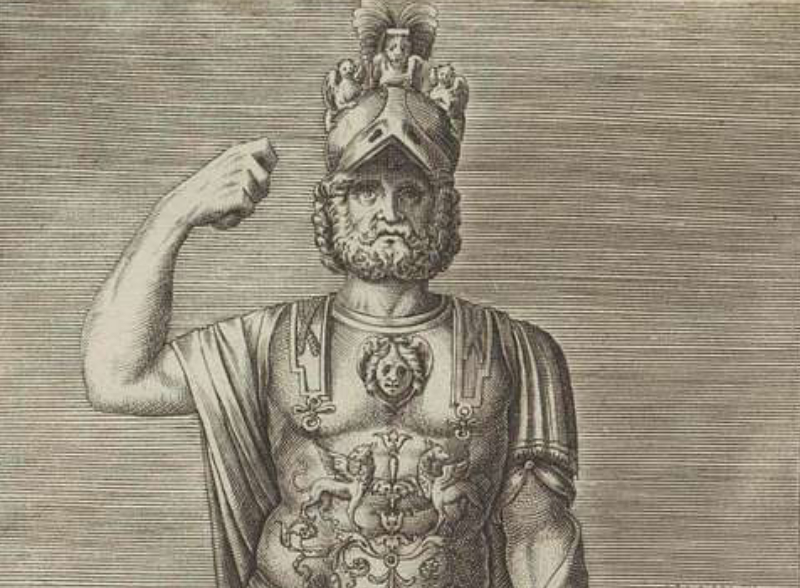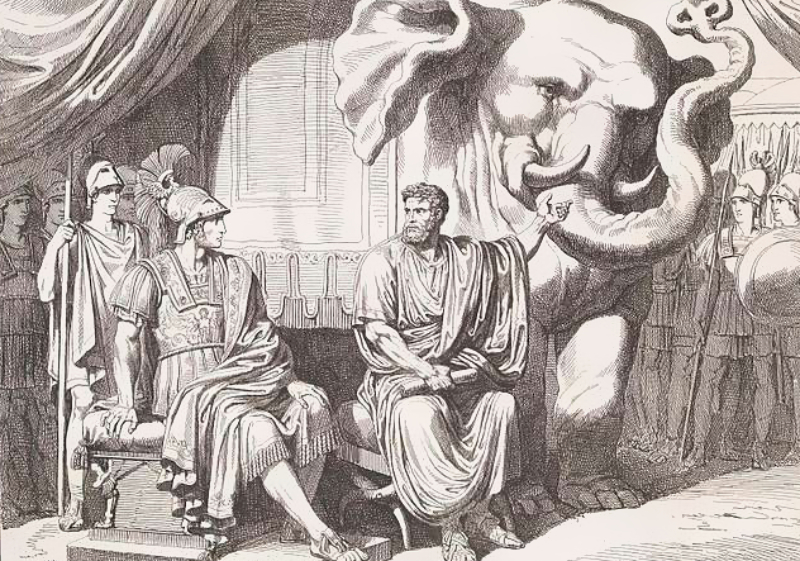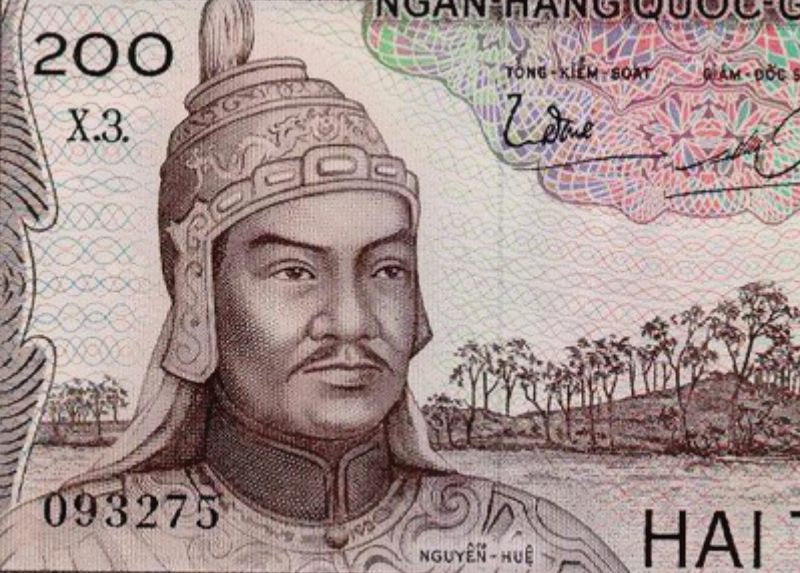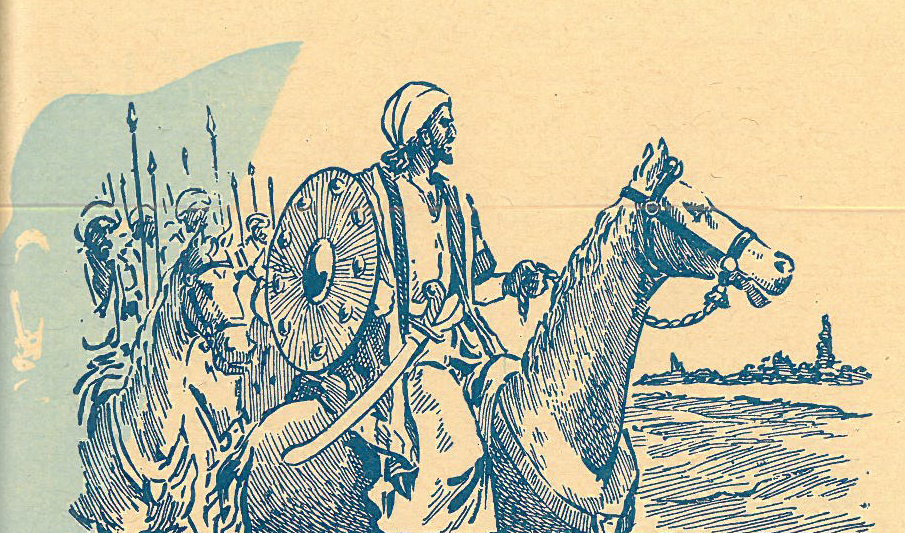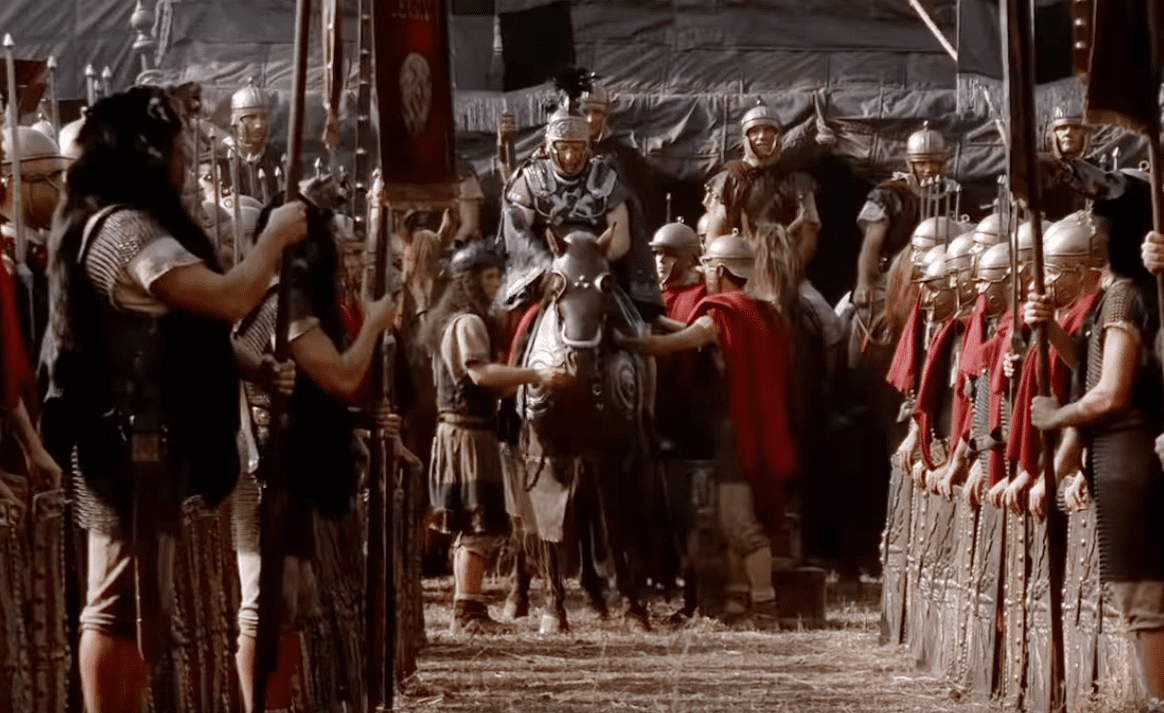Historical Names Remembered
Many brilliant and notable generals in history are missing from the popular culture zeitgeist list. You’ve heard of Napoleon, Hannibal, and Ulysses S Grant, but what about the lesser-known generals who were uniquely amazing?
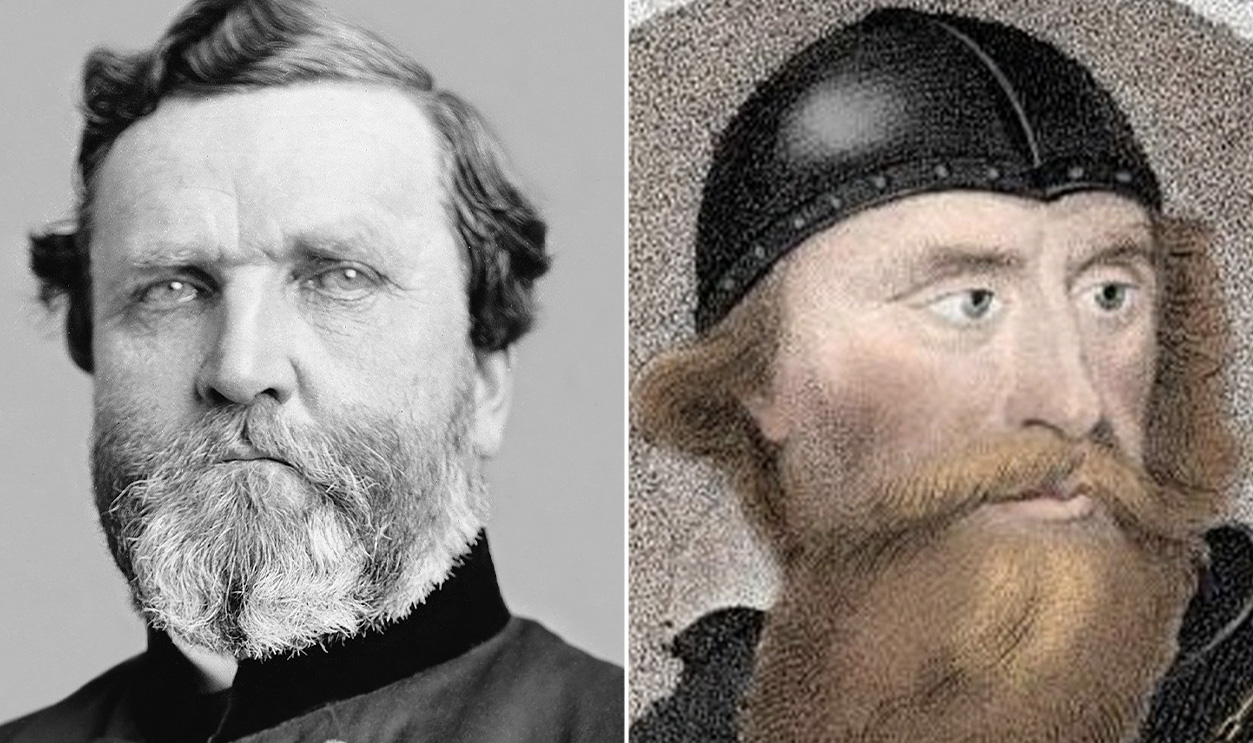
Basil The Bulgar Slayer
A dominant force in the Byzantine Empire’s post-Justinian resurgence, Basil The Bulgar Slayer lived up to his surname—and did he ever slay.
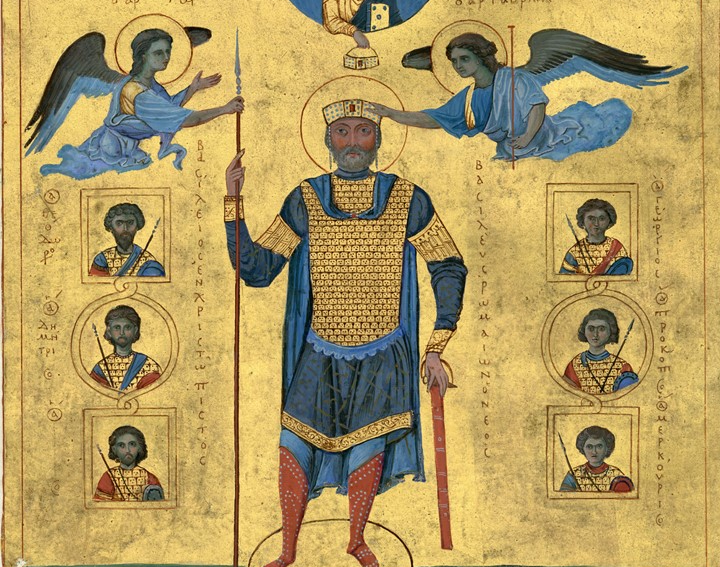 Unknown Author, Wikimedia Commons
Unknown Author, Wikimedia Commons
Basil The Bulgar Slayer
Basil marched across Turkey in two weeks to defeat the Fatimids, who retreated at the sudden arrival of Basil and his army. To add to his portfolio, his namesake was solidified by piercing Bulgarian territory.
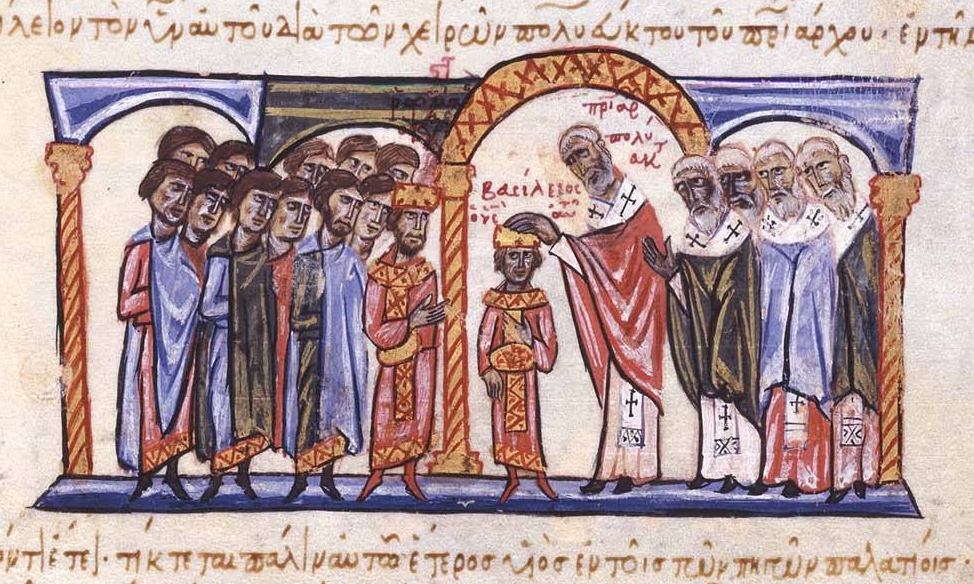 Unknown Author, Wikimedia Commons
Unknown Author, Wikimedia Commons
Basil The Bulgar Slayer
Not only did Basil demolish the Bulgarian Army at the Battle of Kleidion in 1014, but on his victory lap, he blinded 99 out of 100 men from the Bulgarian Army. The lone witness who led the army back to their Tsar later met his demise from shock over the ordeal.
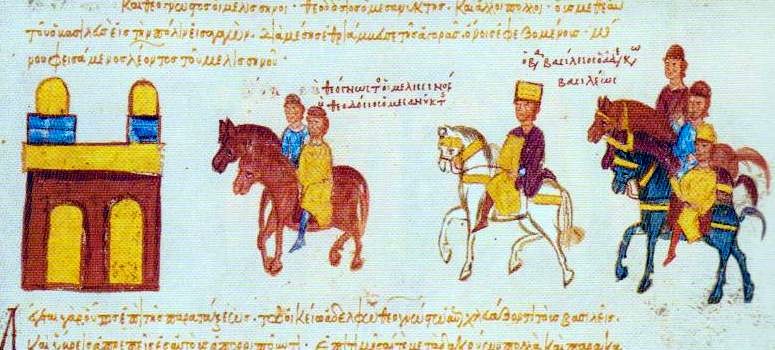 Unknown Author, Wikimedia Commons
Unknown Author, Wikimedia Commons
Subutai
Many are unaware that Genghis Khan's occupations were led by the great Subutai, who Genghis Khan adopted. He would later become a strategic force to be reckoned with.
 Ikinci Yeni Film, "Tarihin Efsaneleri" Subutay (TV Episode)
Ikinci Yeni Film, "Tarihin Efsaneleri" Subutay (TV Episode)
Subutai
After helping Genghis overthrow the Khwarazm Empire, the Mongols had control over most of Central Asia. Subutai led what is arguably believed to be the greatest militant attack of all time.
 Ikinci Yeni Film, "Tarihin Efsaneleri" Subutay (TV Episode)
Ikinci Yeni Film, "Tarihin Efsaneleri" Subutay (TV Episode)
Subutai
With a legion of 20,000, Subutai deployed a strategic front against the Georgian Army of King George the Brilliant by circling the Caspian Sea. Once he gained a foothold in the countryside, the King sent forces to defeat Subutai. Subutai retreated—but it was all a ruse. He turned back, defeating an unsuspecting Georgian army during the winter.
 Ikinci Yeni Film, "Tarihin Efsaneleri" Subutay (TV Episode)
Ikinci Yeni Film, "Tarihin Efsaneleri" Subutay (TV Episode)
David IV Of Georgia
During the Middle Ages, Georgia held the short-term position of being the most powerful kingdom in the territory. In a time that is often called the “Georgian Golden Age”, David IV of Georgia made sure to cement his name in history as a rogue ruler.
![]() Unknown Author, Wikimedia Commons
Unknown Author, Wikimedia Commons
David IV Of Georgia
When David assumed command of Georgia in 1089, he was still under the purview of the Seljuk Sultanate who controlled most of the Middle East. Taken as a sign of disrespect, David ceased to commemorate Seljuk and crushed the four armies sent to reprimand him.
 Benoît de Sainte-Maure, Wikimedia Commons
Benoît de Sainte-Maure, Wikimedia Commons

History's most fascinating stories and darkest secrets, delivered to your inbox daily.
David IV Of Georgia
After defeating the Muslims and liberating most of Georgia, David needed to double the number of his army, so he hired Cuman-Kipchak mercenaries from South. After promising to merge with the Muslim army in 1121, David and his army planned a surprise attack on the Seljuks, bringing an end to their holy battle against Georgia with his victory.
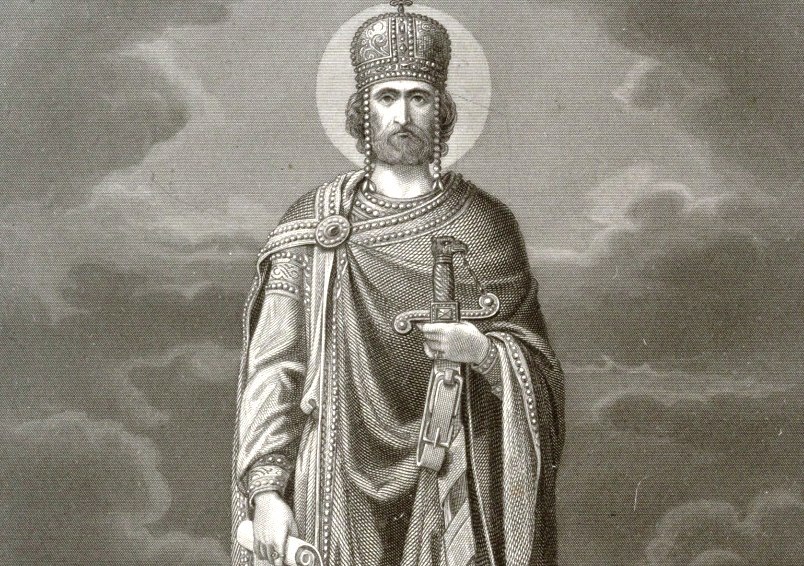 Mikhail Sabinin, Wikimedia Commons
Mikhail Sabinin, Wikimedia Commons
Pyrrhus Of Epirus
With Hannibal endorsing Pyrrhus as one of the greatest generals of history, it’s no wonder that when the odds were stacked against Pyrrhus, he hedged unrealistic bets, started unsustainable ventures, and somehow still won.
Pyrrhus Of Epirus
Pyrrhus was a classical gambler, so much so that he even gambled kingdoms. Crowned King of Epirus at age 12, he was dethroned shortly afterward, in his mountainous homestead in Greece. He would eventually take his country back after fighting as a mercenary in Syria.
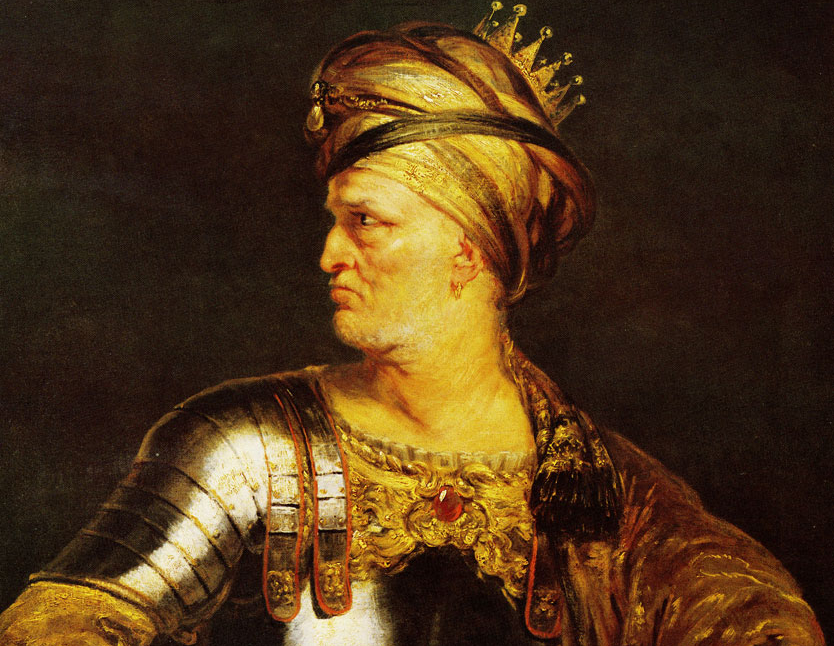 Ferdinand Bol, Wikimedia Commons
Ferdinand Bol, Wikimedia Commons
Pyrrhus Of Epirus
When called to help fight in the southern city-state Tarentum, Pyrrhus abandoned Epirus and brought his entire crew—including 20 battle elephants—to defeat the aggressive Romans. After three straight battles, Pyrrhus defeated the Romans, who continued to send more armies. Talk about persistence.
Baibars
Known for capturing Louis IX and demanding a large ransom from France, Baibars was a resilient general who didn’t take “no” for an answer.
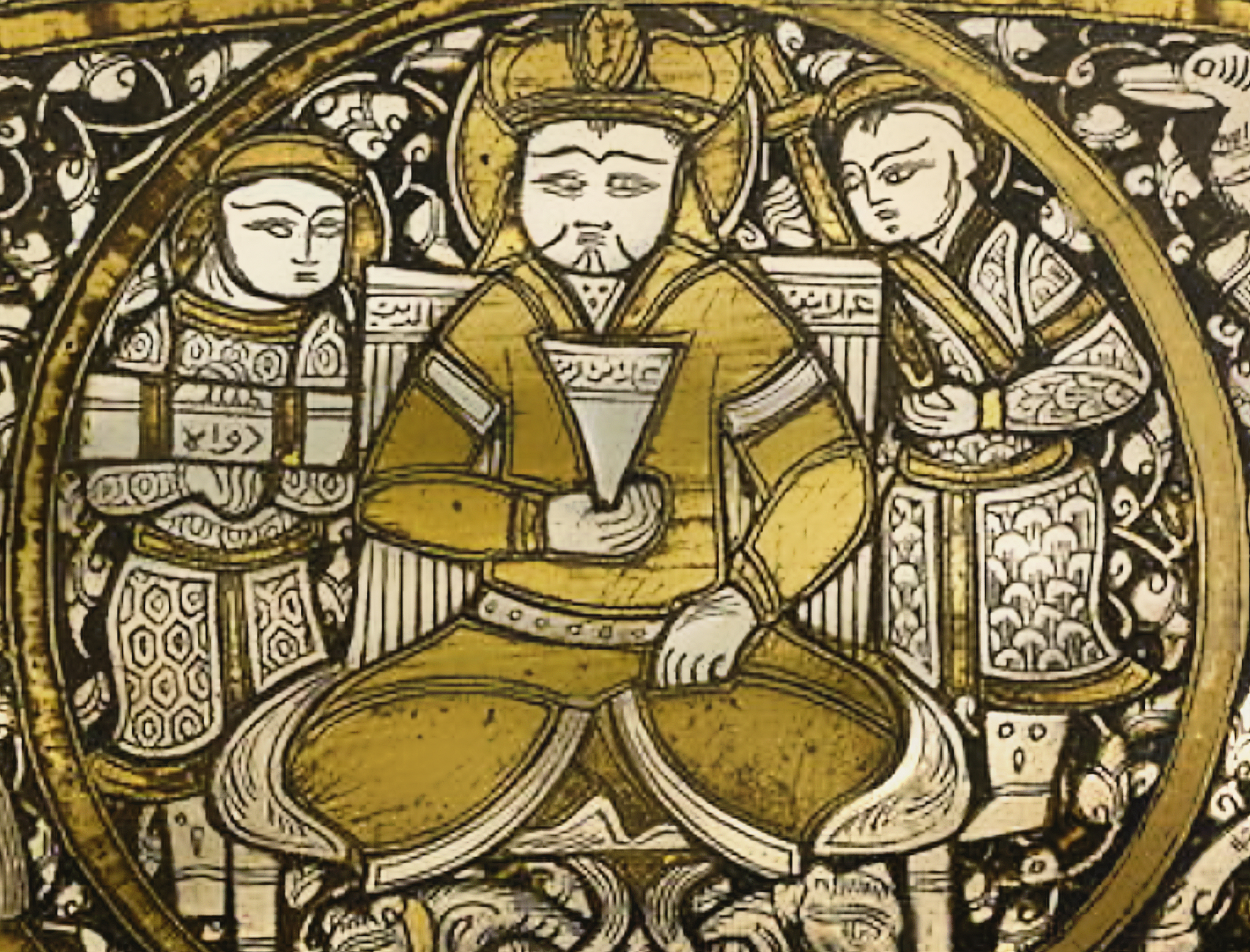 Unknown Author, Wikimedia Commons
Unknown Author, Wikimedia Commons
Baibars
The first general to stop the Mongol advance, Baibars is credited with ending the Mongol golden age. During the Battle of Ain Jalut, Baibars used the Mongol's greatest trick against them: the feint. By utilizing the maneuver that initially won the Mongols most of Asia, Baibars successfully ended the great Mongol conquest. Talk about a dose of your own medicine!
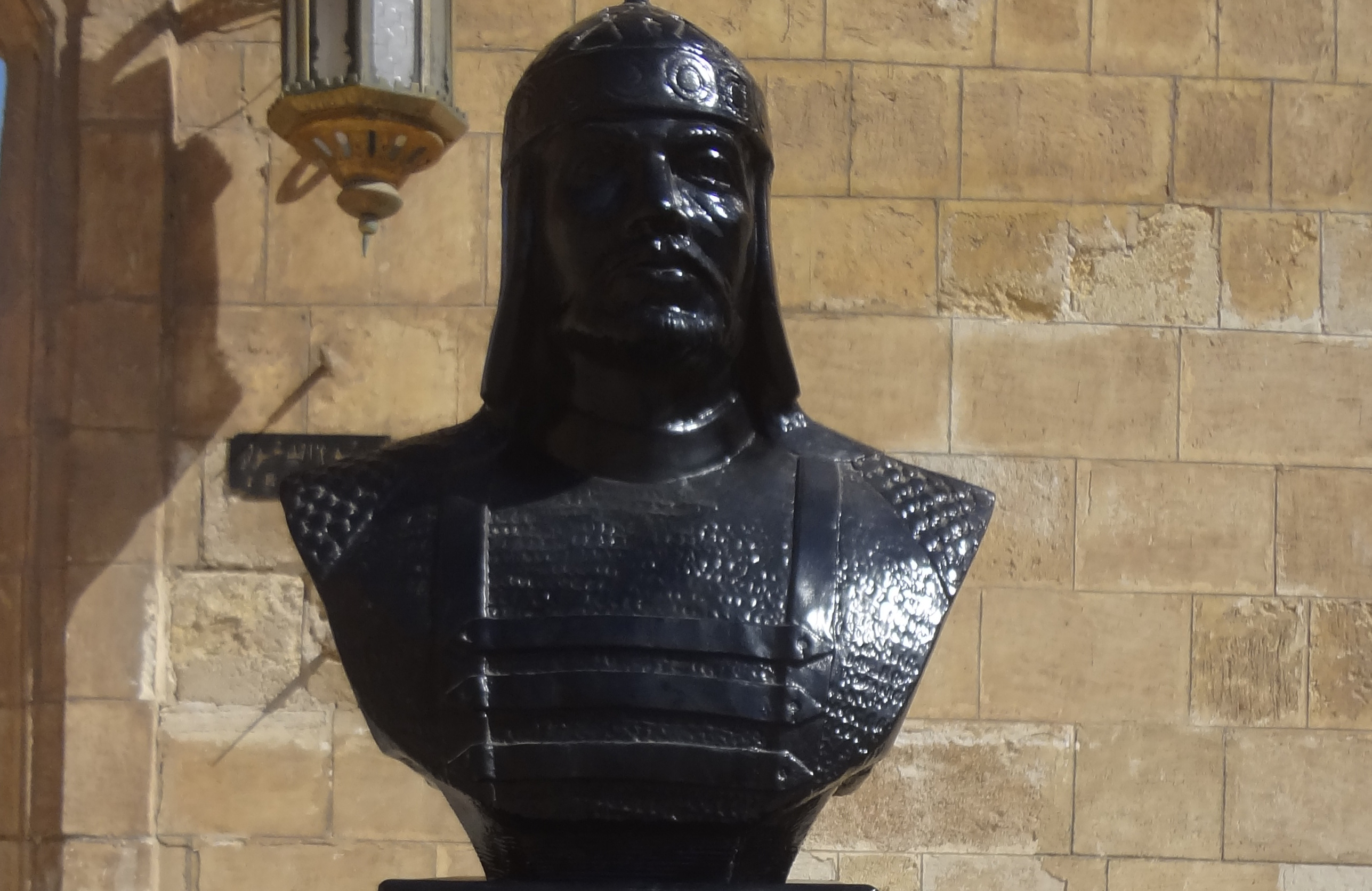 Ahmed yousri elmamlouk, CC BY-SA 4.0, Wikimedia Commons
Ahmed yousri elmamlouk, CC BY-SA 4.0, Wikimedia Commons
Nguyen Hue
Imagine Vietnam in the late 18th century as a kingdom split into two feudal systems—the Trinh and Nguyen families. These families treated the common people with disdain and were, overall, shady with their dealings in the kingdom. Sometimes, it takes a broken system to inspire a new leader who’s ready to fight for change.
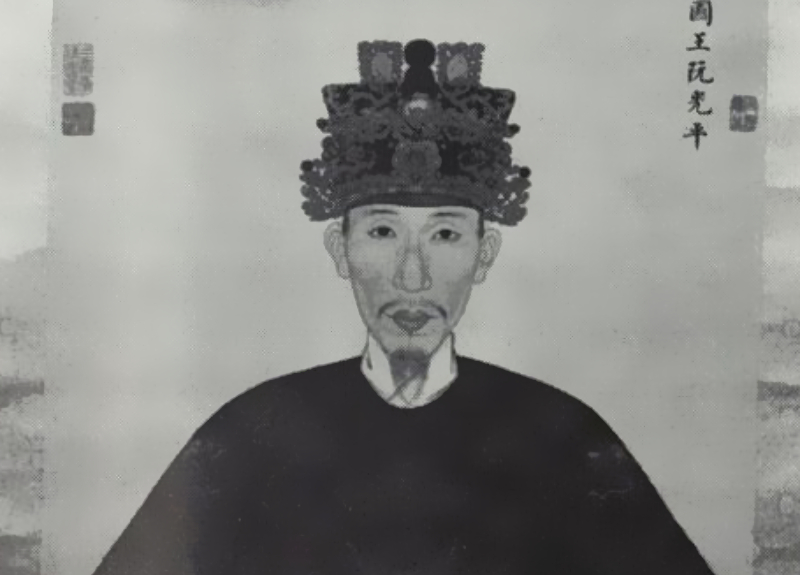 Mou Bingtai, Wikimedia Commons
Mou Bingtai, Wikimedia Commons
Nguyen Hue
In 1773, Nguyen Hue grew dissatisfied with the current system and joined his brothers in the Tay Son Rebellion. The brothers gained support from the peasantry by ensuring wealth redistribution, and eventually overthrew the two families.
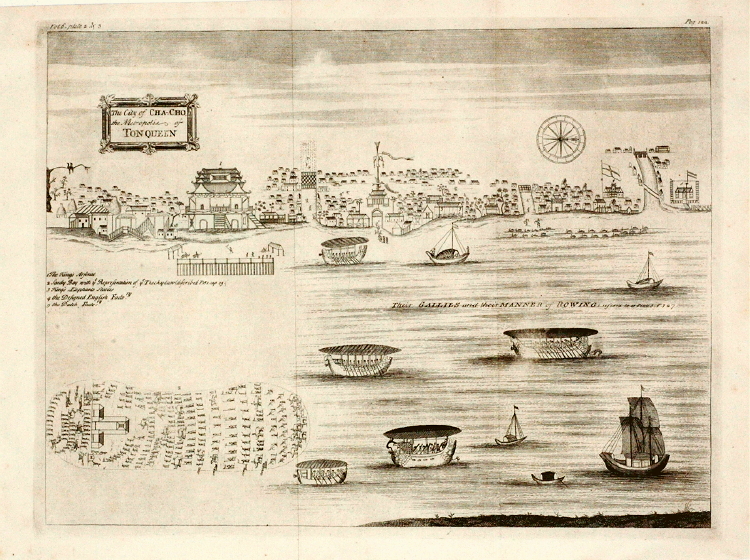 Samuel Baron, Wikimedia Commons
Samuel Baron, Wikimedia Commons
Nguyen Hue
The battle that placed Hue on the map occurred in 1788, when a Qing Chinese army of 200,000 men invaded northern Vietnam. Initially conceding to the takeover, Hue named himself King Quang Trung, allowing his army to celebrate Tet New Year early.
Nguyen Hue
All part of his strategic plan, King Quang Trung planned a sneak invasion on the actual Tet New Year, surprising his adversaries with a swift, six-night charge, and securing Vietnam’s independence for the next 100 years.
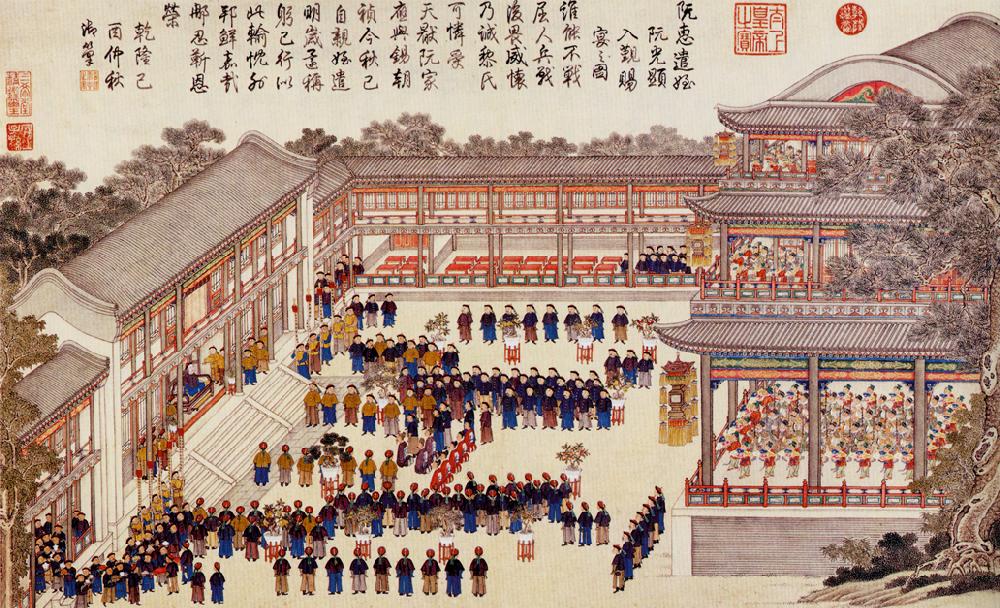 Qing's official painter, Wikimedia Commons
Qing's official painter, Wikimedia Commons
Nader Shah
Initially an aggressive power behind the throne, Nader Shah grew from humble beginnings into a powerful local chieftain who would eventually bite the hand that fed him.
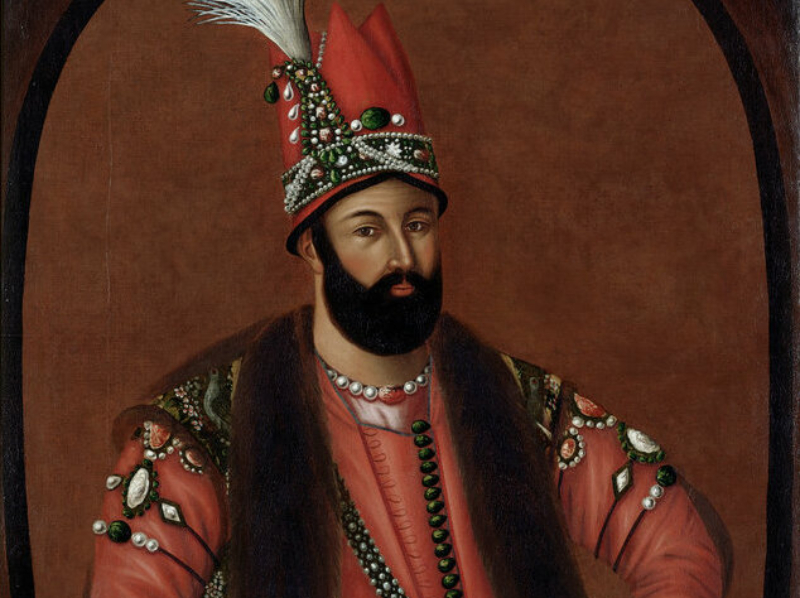 Unknown Author, Wikimedia Commons
Unknown Author, Wikimedia Commons
Nader Shah
Iran in the 17th century was in a state of anarchy. The formerly robust Safavid Empire was collapsing, leaving divisive factions of chieftains and mercenaries to scramble for control of the remaining Safavid Empire.
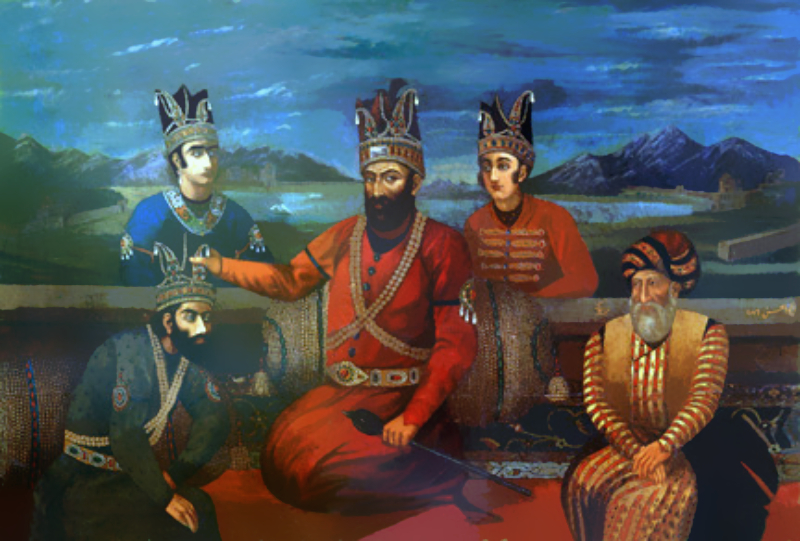 Abolhassan Mostofi Ghaffari, Wikimedia Commons
Abolhassan Mostofi Ghaffari, Wikimedia Commons
Nader Shah
An ousted Safavid Shah, Tahmasp, solicited help from Nader to reclaim his throne from Afghan insurgents. After two successful battles against the Afghans, Tahmasp was repatriated back to the Safavid capital, Isfahan.
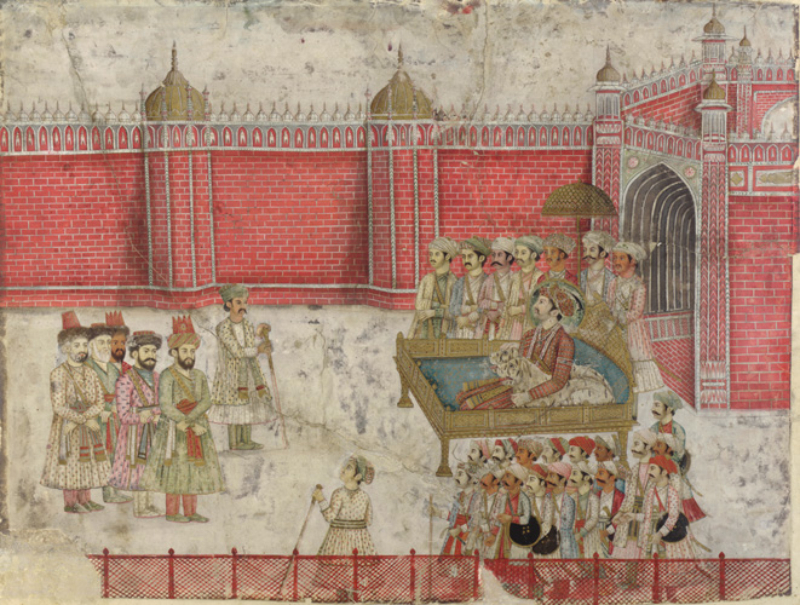 Freer Slacker Gallery, Wikimedia Commons
Freer Slacker Gallery, Wikimedia Commons
Nader Shah
In a reckless charge against the Ottomans, Tahmasp many forces. This angered Nader, who had returned from combat with the Afghans. Nader had taken Baghdad and, once again, defeated the Ottomans. He later exiled the annoying Tahmasp and went on to rule Persia.
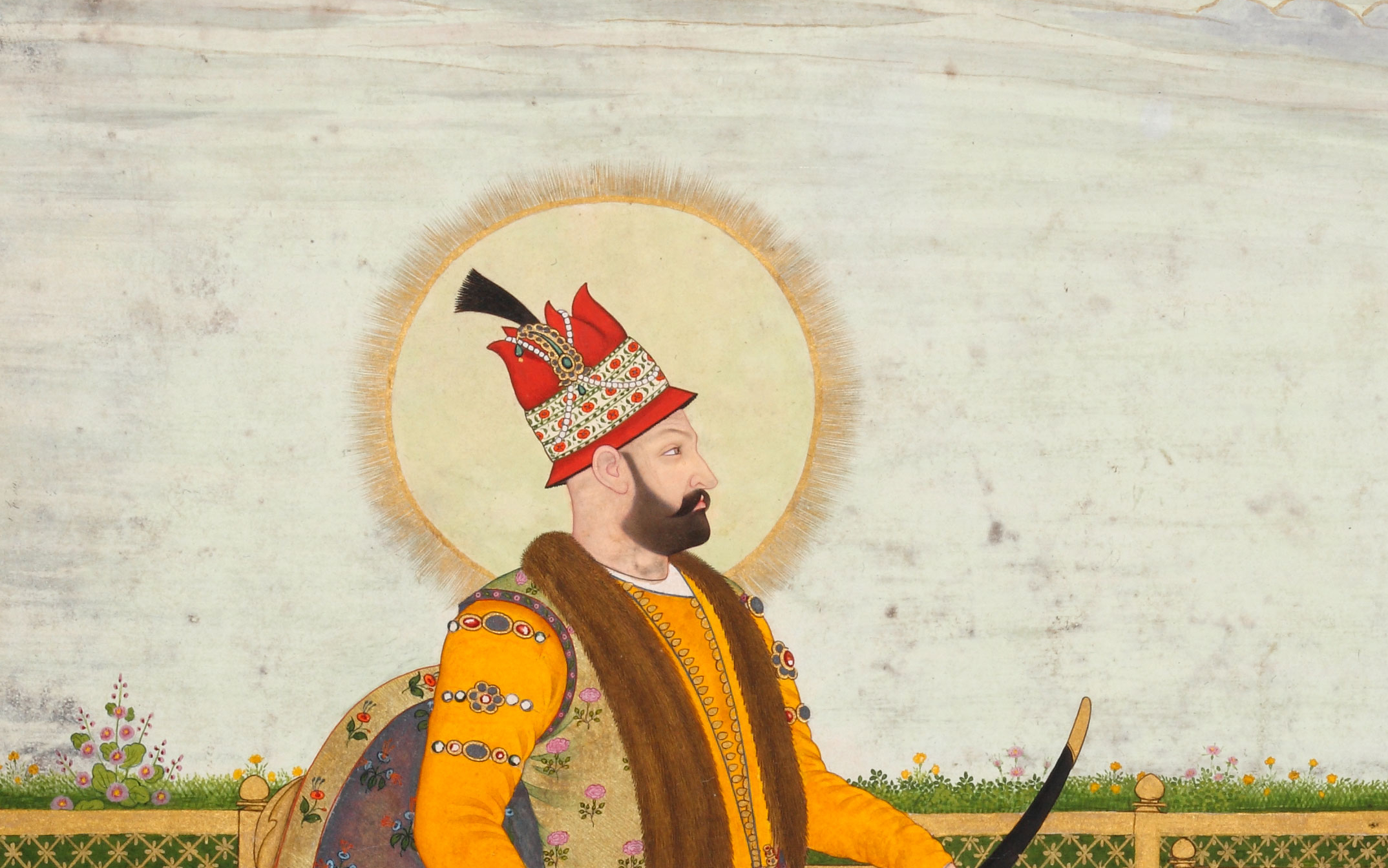 Unknown Author, Wikimedia Commons
Unknown Author, Wikimedia Commons
The Duke Of Marlborough
With a glittering career of numerous successful battles, The Duke of Marlborough, John Churchill, is known for leading an allied front against Louis XIV, sabotaging his plans for European control.
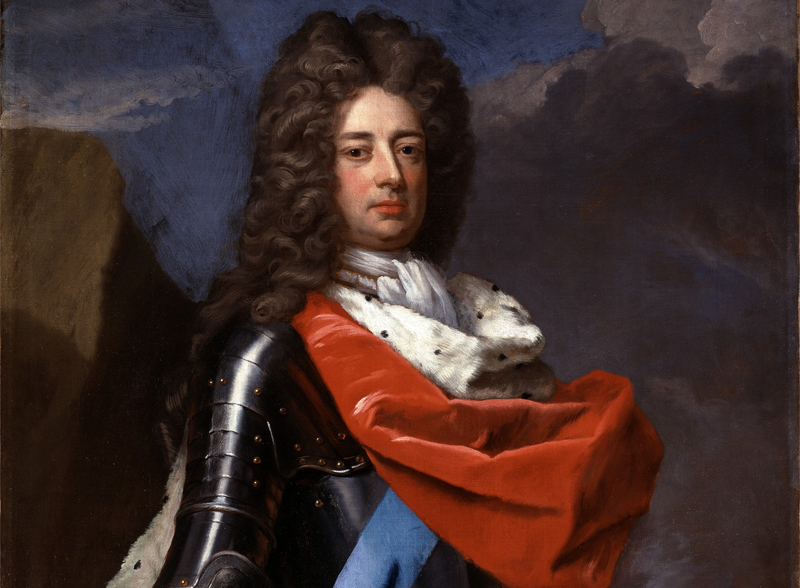 Michael Dahl, Wikimedia Commons
Michael Dahl, Wikimedia Commons
The Duke Of Marlborough
Marlborough was once arrested and held prisoner in the Tower of London. Rumors swirled around, stating that he was privy to a hit planned against William of Orange. Despite these claims being unproved, William of Orange had little confidence in the Duke.
 John Closterman, Wikimedia Commons
John Closterman, Wikimedia Commons
The Duke Of Marlborough
It was during the Battle of Blenheim, in 1704, that Marlborough’s army destroyed nearly 40,000 French combatants. With a feather in his cap, The Duke of Marlborough went on to continue his brilliant strategies against the French, cementing his leadership by building Britain into a fierce European power.
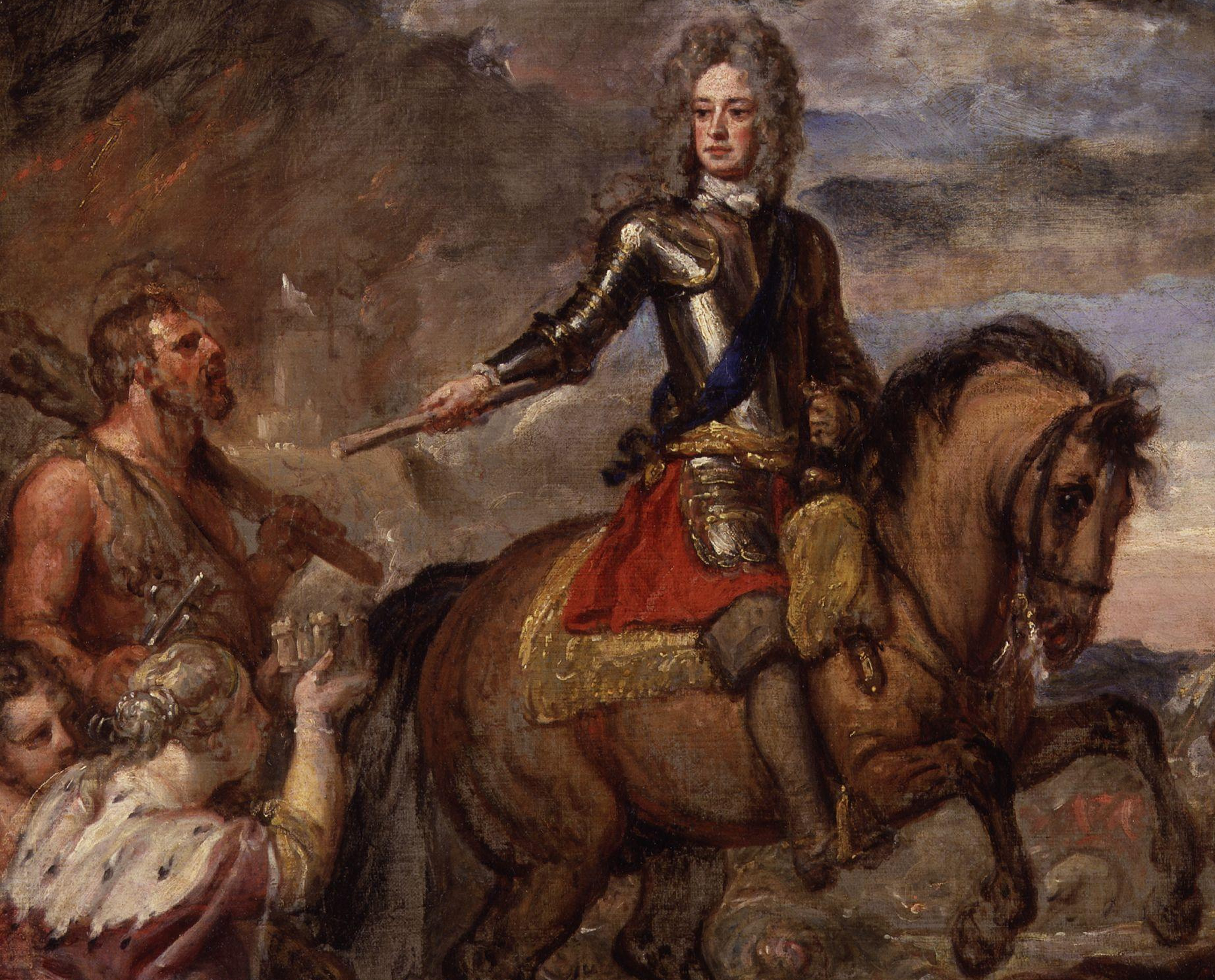 Godfrey Kneller, Wikimedia Commons
Godfrey Kneller, Wikimedia Commons
Khalid Ibn Al-Walid
Little is spoken of Khalid in the West, but he is known as a formidable general who was never defeated and untied the Arabian Peninsula—a first in history.
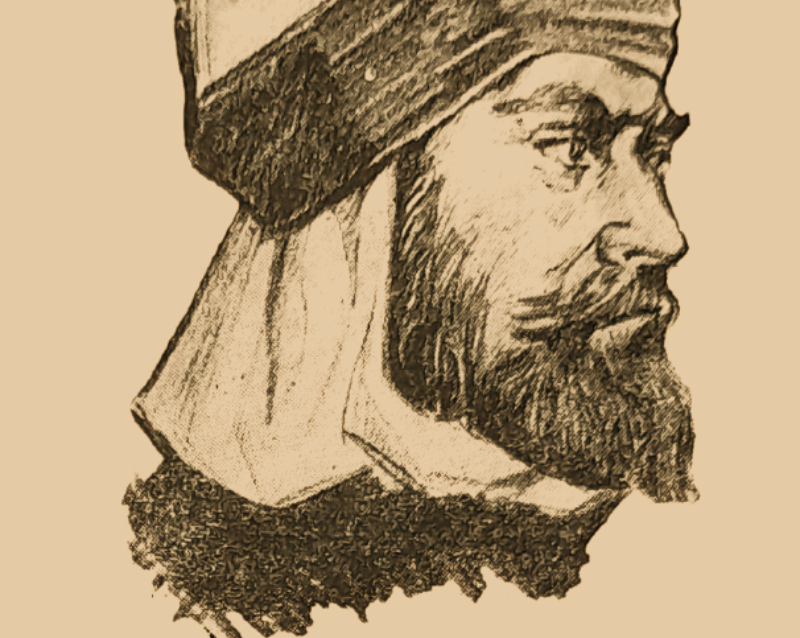 Unknown Author, Wikimedia Commons
Unknown Author, Wikimedia Commons
Khalid Ibn Al-Walid
Originally fighting against Mohammad at the Battle of Uhud, Khalid ibn al-Walid later converted to Islam. He became an instrumental force in the Islamic expansion guided by Prophet Mohammad’s divine insights.
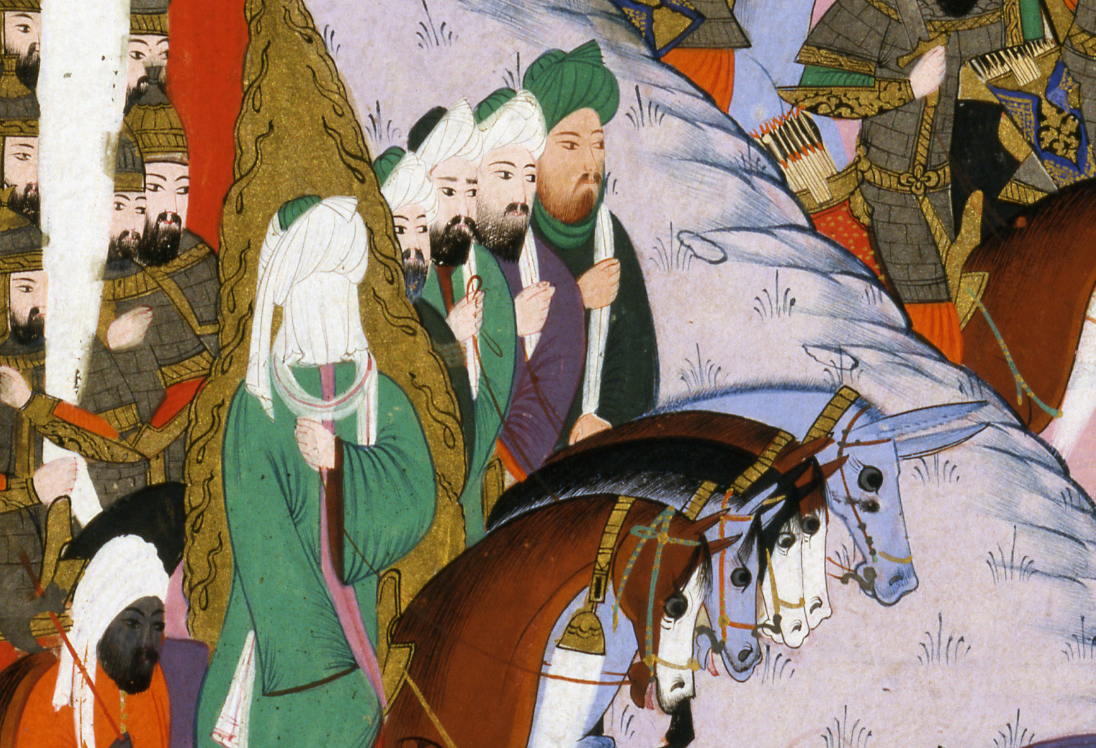 Unknown Author, Wikimedia Commons
Unknown Author, Wikimedia Commons
Khalid Ibn Al-Walid
Al-Walid’s army had a secret weapon: camels. Camels were able to withstand desert combat better and often frightened enemy horses with their scent. At the Battle of al-Qadisiyyah, in 637 AD, a camel corps was released against Sassanian armies. With that and the use of refined arrows, Khalid ibn al-Walid was able to penetrate the Sassanian shield, later destroying a 500-year-old army.
Epaminondas
His tactical style, agility, and underdog persona make Epaminondas the greatest general of Thebes.
 Веселин Ђисаловић, Wikimedia Commons
Веселин Ђисаловић, Wikimedia Commons
Epaminondas
Fighting against the Spartans was no small feat for Epaminondas, who repeatedly invaded Sparta after taking down their strongest men in the Battle of Leuctra. This allowed Epaminondas to launch several triumphant invasions of Sparta, leaving the Spartan army demoralized and vowing to take down Epaminondas.
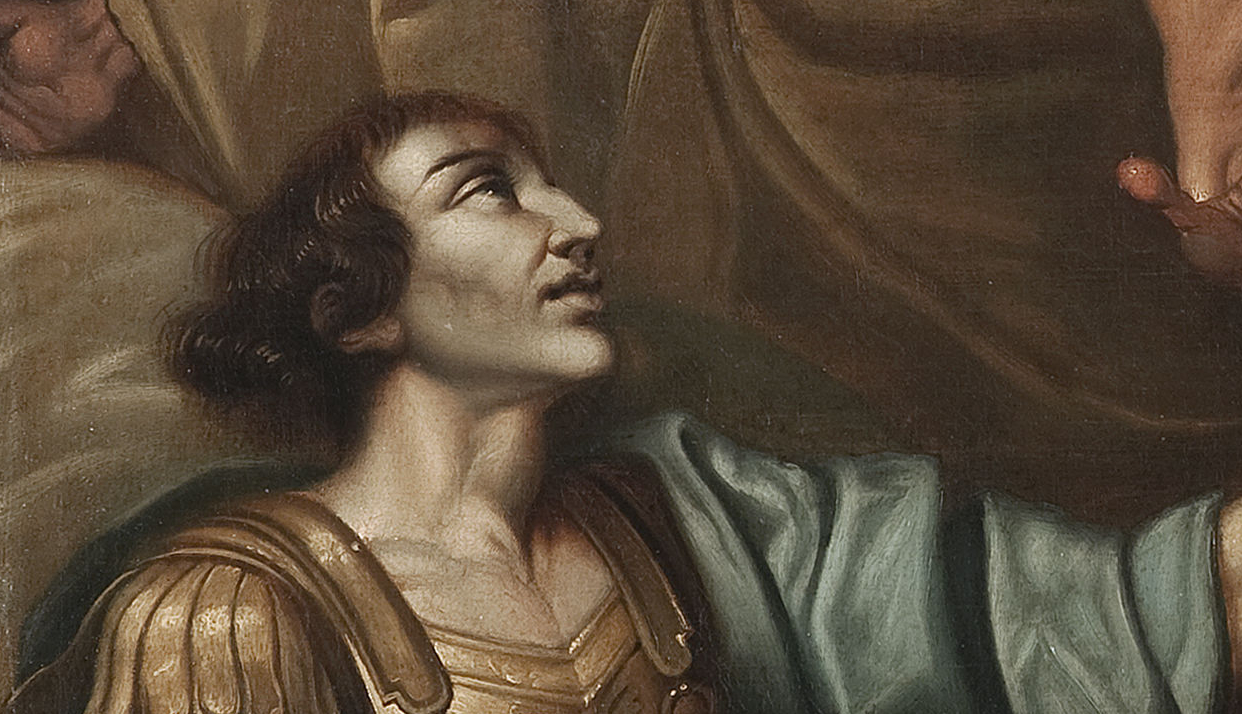 Franciszek Smuglewicz, Wikimedia Commons
Franciszek Smuglewicz, Wikimedia Commons
Belisarius
Often nicknamed “The last of the Romans,” Belisarius helped Justinian I gain further reach in the Eastern Roman Empire, or Byzantine Empire, as it was known at the time.
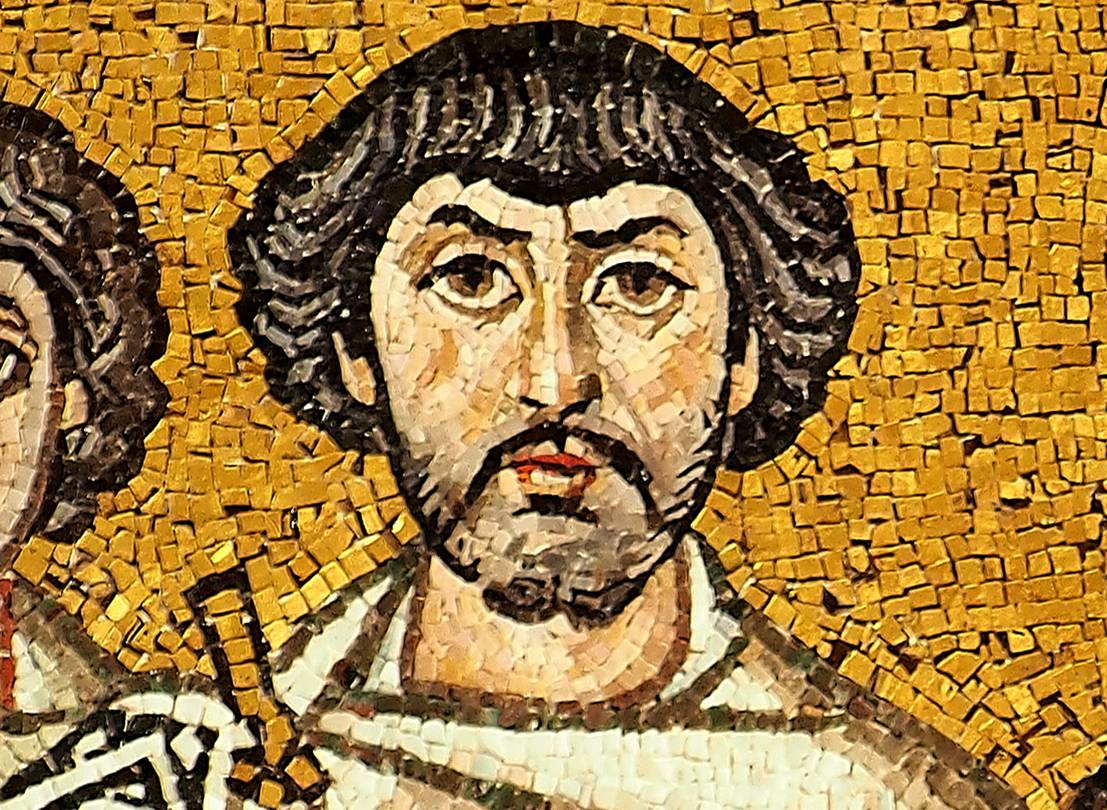 Petar Milošević, CC BY-SA 4.0 , Wikimedia Commons
Petar Milošević, CC BY-SA 4.0 , Wikimedia Commons
Belisarius
Although Belisarius perished in 565, much of ancient Rome was reconstituted by his successful occupations of Northern Africa and present-day Italy. Symbolically, he is responsible for reshaping the venerable Roman presence across the Mediterranean.
 Robert Strange, CC BY 4.0, Wikimedia Commons
Robert Strange, CC BY 4.0, Wikimedia Commons
George Henry Thomas
George Henry Thomas’s name is often forgotten from the list of infamous generals during the American Civil War. His foothold during the Battle of Chickamauga solidified him as the “Rock of Chickamauga”.
 Mathew Benjamin Brady, Wikimedia Commons
Mathew Benjamin Brady, Wikimedia Commons
George Henry Thomas
After defeating the Confederate Army led by John Bell Hood in the Battle of Nashville in 1864, the civil conflict no longer posed a risk in the region, leaving Thomas a decorated general.
 Allen & Ginter, Wikimedia Commons
Allen & Ginter, Wikimedia Commons
Robert The Bruce
It seems that William Wallace gets all the credit for Scottish independence, but historically, Robert the Bruce was instrumental in carving out a sovereign presence for the Scots.
 Sigma Films, Outlaw king (2018)
Sigma Films, Outlaw king (2018)
Robert The Bruce
After being arrested and witnessing the impalement of his three brothers in 1306, Bruce found the inspiration to rally the forces. He gained momentum in his cause with successful seizures, from 1313 to 1314.
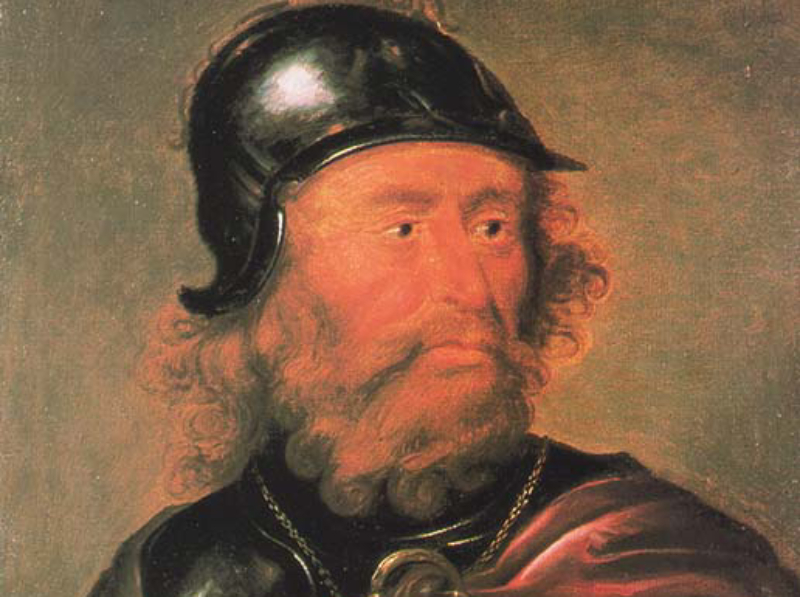 Unknown Author, Wikimedia Commons
Unknown Author, Wikimedia Commons
Robert The Bruce
Notable wins included the capture of Perth from the English garrison, and the impressive Battle of Bannockburn, where Bruce led a small army of 6,000 against 25,000 English cavalry. This mighty display of strength across Northern England cemented Scottish independence and let enemies know they were a serious power player.
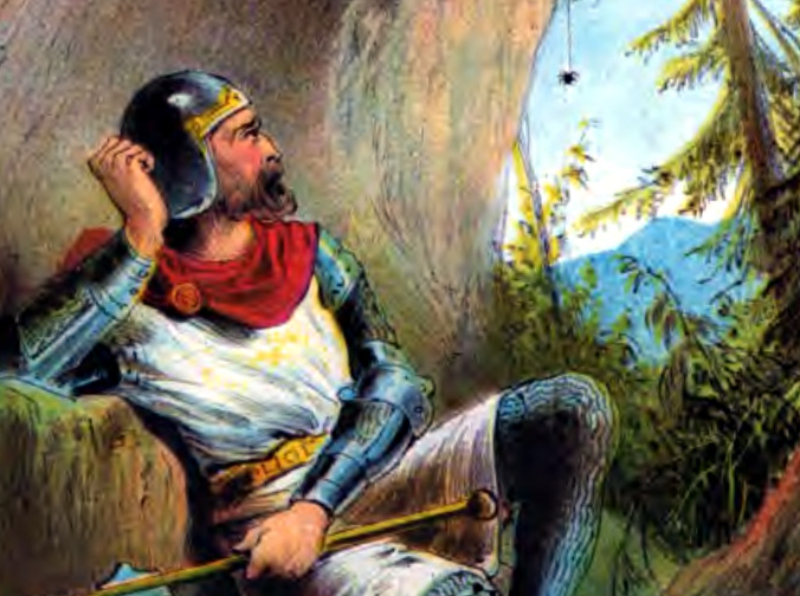 Unknown Author, Wikimedia Commons
Unknown Author, Wikimedia Commons
Pompey
Sometimes, it’s the small feats that mimic David vs Goliath battles. Here, you have Julius Caesar marching across the Rubicon and starting a domestic dispute. Enter Pompey, a man who defiantly stood against Caesar on several occasions.
Pompey
Although Caesar eventually went on to win many of his battles and takeovers, Pompey was fortunate enough to nail Caesar between a rock and a hard place. During the Battle of Dyrrachium, both sides worked tirelessly to regulate the food supply around their respective outposts.
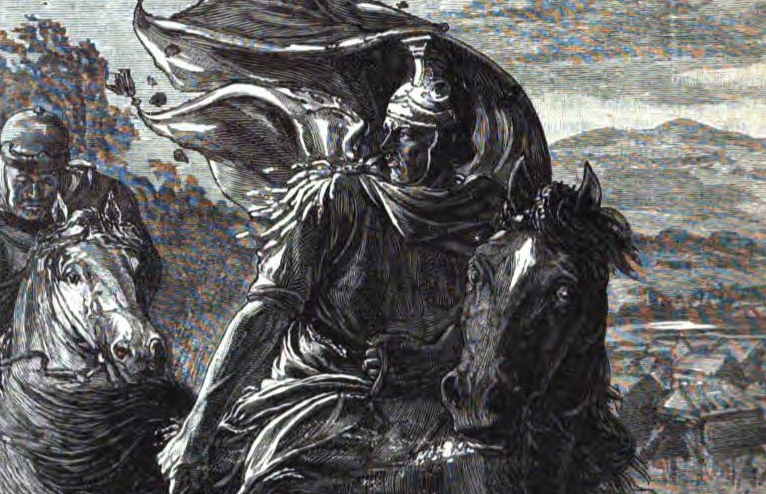 Cassell's illustrated universal history, Wikimedia Commons
Cassell's illustrated universal history, Wikimedia Commons
Pompey
This battle exhausted an already-weary Caesar at the time, limiting his options, and reducing his food rations to nil. However, Pompey was unable to maintain his foothold against Caesar and would eventually meet his defeat in Pharsalus. But hey, even small wins are reason enough to recognize Pompey and his David vs Goliath match.

